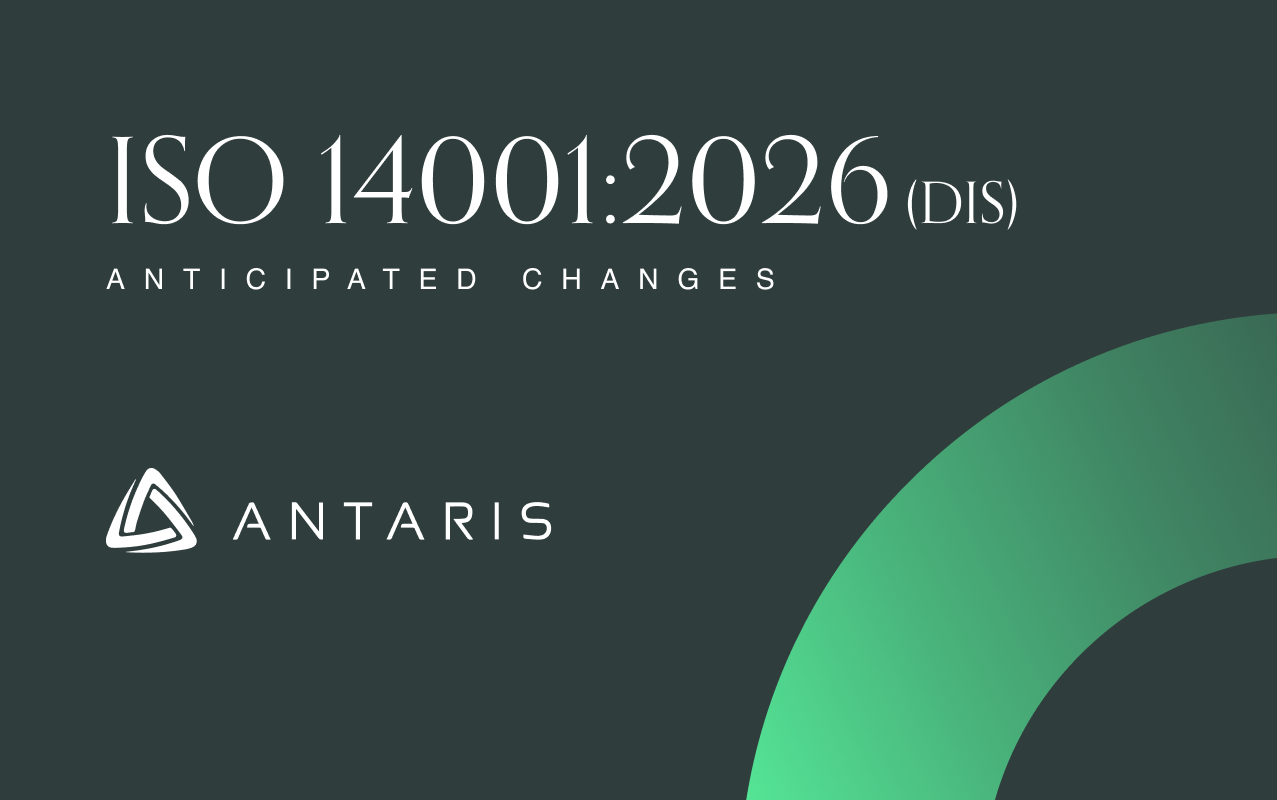Since the outbreak of COVID-19 in 2020, Antaris has delivered in excess of one hundred virtual training courses in conjunction with our training partner, SQT Training.
Historically, most of our training courses were delivered in several hotels with state-of-the-art training facilities or in-house in the organisations’ own premises. Of necessity, a significant number of courses have had to be delivered virtually, particularly in the early phases of the pandemic. Every effort was made to accommodate the organisation and make the learning experience as pleasant and relevant as possible to the delegates being trained. Initially, some companies expressed scepticism about our ability to deliver some of the courses, particularly those with a significant practical component such as the management system auditor training courses. By working with the companies and by modifying the course content we have succeeded in meeting and exceeding the expectations of our clients.
Some of the things we have done to improve the learner experience including trialing various platforms such as Zoom, Microsoft Teams and Skype, to name a few. Each had its own unique experience and we try to match the platform capabilities to the organisation’s needs. All Antaris tutors received extensive training on virtual training methodologies and on the use of specific platforms.
The course content had been updated to reflect the unique circumstances of the virtual training environment and to accommodate the practical exercises that are an integral part of all Antaris training courses. Break-out rooms have been utilised for group exercises and audit exercises have been modified to improve the learning outcomes for the delegates. Several of our virtual training courses have been approved by professional bodies such as CQI/IRCA, IEMA and NEBOSH, up to and including professional diploma level (QQI level 8).
We have increased the frequency of breaks and shortened the duration of course sessions to reflect the uniqueness of virtual training delivery. Training and presentation material and exercises are sent to delegates in advance of the course. Delegates proficiency is measured in a number of ways – by continual assessment, by multiple-choice tests, by completing practical exercises and in the case of certified courses, by written assessments that are invigilated to ensure fairness and transparency. Where appropriate, training sessions can be recorded.
Some organisations have used the online training experience to include delegates from different sites and in some instances, different countries on the same course, without incurring the cost and inconvenience of travel and accommodation. We have also taken the opportunity of improving the customisation of the course to reflect the specific requirements of client companies.
Based on feedback from clients all evidence points to the sense that virtual training can be every bit as effective as classroom learning. Both delivery mechanisms have their advantages and disadvantages but, in the future, it is highly probable that virtual learning is set to become a more prominent and permanent feature of the training development landscape.








